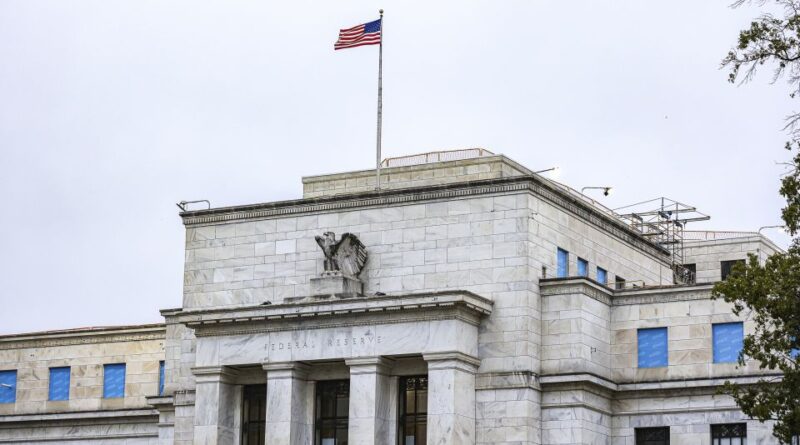The number of jobs exceeded everyone’s expectations. Note complaints about Fed
Last month, the Federal Reserve cut interest rates by a significant half in order to maintain the strength of the labor market, Chairman Jerome Powell explained in a press conference after the decision was announced.
But when new data this Friday showed that the labor market was stronger than the Fed chairman had thought, some analysts saw it as an opportunity to contribute to what Philipp Carlsson -Szlezak, Boston Consulting Group’s chief economist, called it “everyone’s favorite game.” Fed.
“Does the Fed even need to cut rates in September, let alone cut 50bps (basis)?” Seema Shah, chief global strategist at Principal Asset Management, wrote in a note on Friday. James Knightley, chief international economist at ING, said in a statement: “The Fed should be raising rates with these kinds of figures, not cutting rates.”
Even before the Fed cut rates in September, some investors criticized the central bank for not coming down at its July policy meeting and said officials were behind schedule. Powell defended the decision at a press conference, saying the Fed was not playing catch-up.
Guessing again that the Fed isn’t new, of course. Central bank officials themselves are aware of the uncertainty inherent in their work, especially when the economy reaches recessionary levels. But trying to understand that uncertainty is part of their job.
There is also no single view of economic health and its path. Economists don’t always agree, so the Fed will always be subject to some criticism.
Even Fed officials don’t always agree with the central bank’s actions, such as Fed Governor Michelle Bowman, who opposed the Fed’s decision to cut rates by half a point in September. He chose to cut the quarter point, explaining in a statement that “the committee’s major policy action can be interpreted as a premature declaration of victory in our price stability project.”
Without a willingness to track data, even in unexpected ways, Fed officials would not be able to adapt to surprises – such as a jobs report that exceeded everyone’s expectations.
‘This is not exactly science’
Fed officials are not shy to admit that they are not always optimistic about how the American economy will change. In fact, a common phrase in their interest rate statements reads: “the economic outlook is uncertain.” Translation: We’re not sure what will happen, but here’s our best guess.
That’s not to discount the complex economic forecasts that analysts and hundreds of Fed researchers put together based on hard government data and, in some cases, real-time numbers from private companies.
But economics is not a hard science. It is a large, complex web of decisions that people make with their money.
“This is not an exact science, although some people sometimes pretend it is,” said Carlsson-Szlezak. “The Fed is doing all of this by looking in the rear-view mirror because all the facts define the past, and you’ve got people yelling at you from Wall Street, people yelling at you from Washington, and you’ve got reporters the news screams at you that you are a fool.”
He said there is a “tendency in our public discourse” to “segregate things and lump them together into something negative.”
But for now, with inflation close to the Fed’s 2% target and the job market still not seeing strong gains, optimists appear to be having a moment.
“I’m happier today than I was yesterday — and I was a bull then,” Gina Bolvin, president of Bolvin Wealth Management Group, wrote in a letter Friday.
For more CNN news and newsletters create an account at CNN.com
#number #jobs #exceeded #everyones #expectations #Note #complaints #Fed
